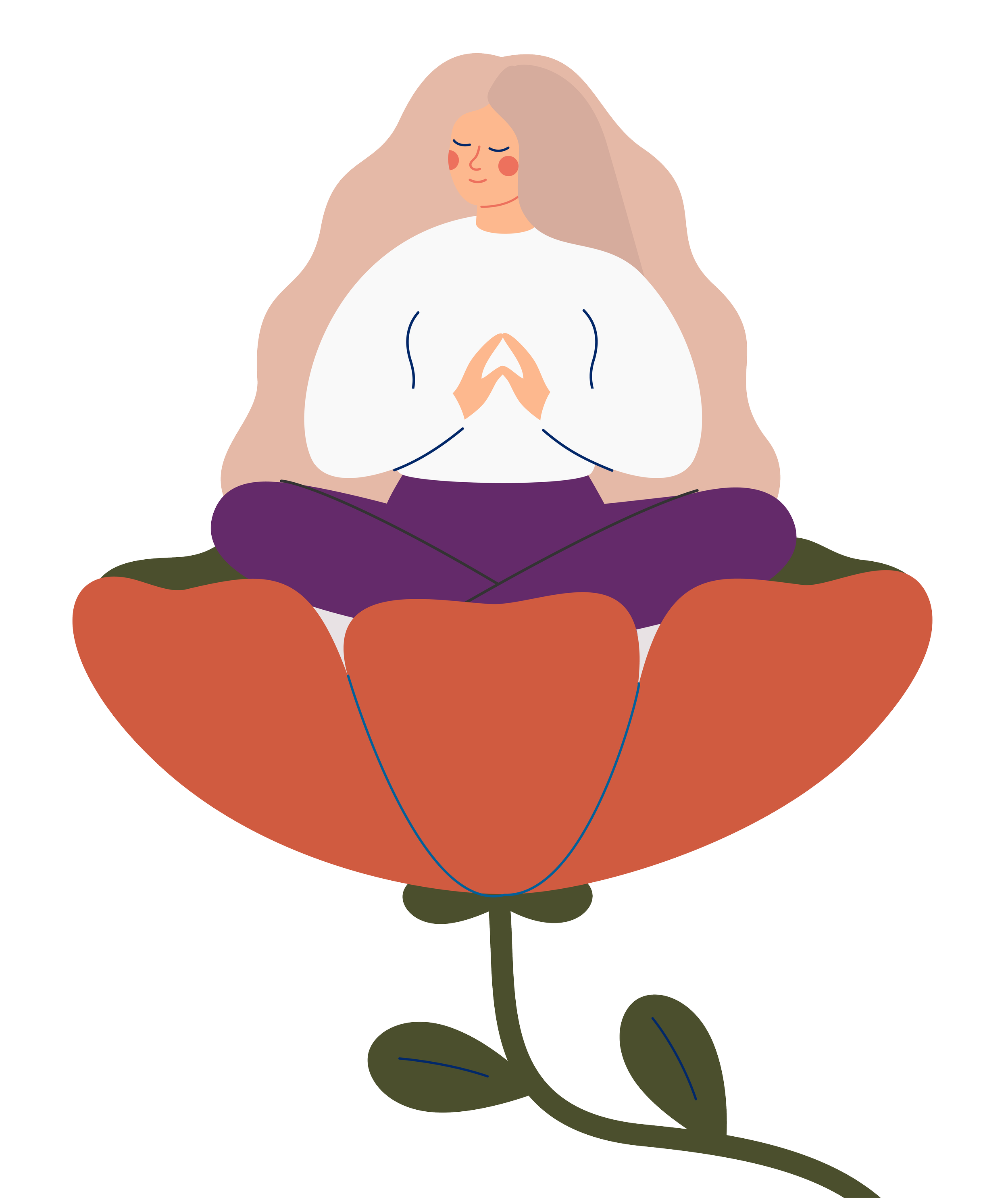
Why does Mindfulness really matter?
What is mindfulness?
One of the most well-recognized Western definitions of mindfulness comes from Jon Kabat-Zinn, one of the central founders of the field and creator of Mindfulness-Based Stress Reduction (1979):
“The awareness that arises through paying attention on purpose in the present moment and non-judgmentally in the service of self-understanding and wisdom”
Why We Believe Mindfulness is Key to Emotional Wellness
Kabat-Zinn’s use of the term “mindfulness” has become the landmark definition but similar conceptual definitions also include:
An open and receptive attention to, and awareness of, what is occurring in the present moment
All humans have the ability to be fully present, aware of where we are and what we are doing, and not overly reactive or overwhelmed by what is going on around us. However, our modern and fast-paced world is full of distractions that helps us avoid the present moment. The more we avoid, the more we lose access to our innate ability to be present.
Distractions like social media, watching a video or listening to music, surfing the web and going down rabbit holes, or partying with friends can all contribute to mindlessness, which allows disconnects us from what is truly happening.
While distractions can be helpful to give us time to process and be with something we don’t want to be real, distractions and avoiding what IS happening is not healthy in the long term.
Therapy can help you slowly build coping mechanisms to be with what IS happening so you can learn how to be with emotions that feel overwhelming, painful or terribly sad.

Philosophy of Mindfulness:
Allows one to be non-judgmentally aware of thoughts and feelings so that they are felt and accepted
Mindfulness is an inherent human capability that belongs to anyone irrespective of race, creed, gender, you name it. It is our birthright.
Accepting negative emotions instead of resisting them
Bringing a 'beginner's mind' to experiences as though you are seeing something for the first time
The ability to be on the spot—aware of what’s going on inside, outside, and all around, connecting with others—is part of being human.
No need for change -- we already have the capacity to be present. But we do need to cultivate these innate qualities
Mindfulness is an evidence-based practice validated by scientific research that has positive benefits for our health as well as relationships
What mindfulness is not:
• Not having a blank mind
• Not becoming emotionless
• Not withdrawing from life
• Not seeking bliss
• Not escaping pain
• Not converting to a new religion

Mindful Awareness
Developing mindful awareness of the present moment can connect us to experiences, interactions, emotions and thoughts without the interference of judgment, bias, beliefs or distractions. We can 'Just Be' in the present moment, even if it is too exciting to contain or too painful to tolerate.
Accepting the present moment for what it IS can be considered the crown jewel of mindfulness.
Cultivating Mindfulness
Meditative exercises and/or mindfulness meditation can be the first step to learning Mindfulness. When we focus our attention on our breath or curiously explore sense activation like sight, hearing or taste we are developing our brain's ability to attend to the present moment.
We do not need to clear our mind of thoughts while we are meditating as it is our ability to frequently come back to our attention or breath and away from distracting thoughts that develops our ability to be mindful.




